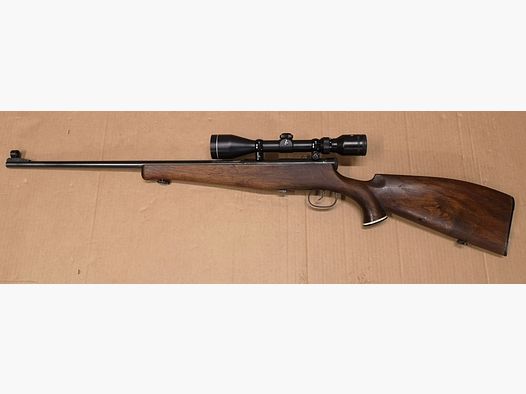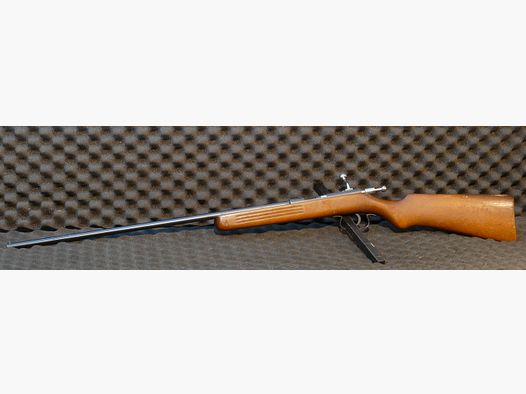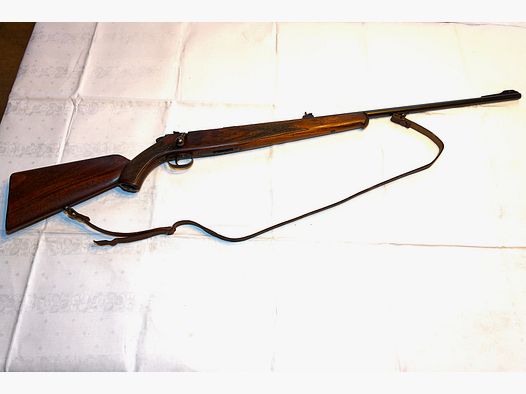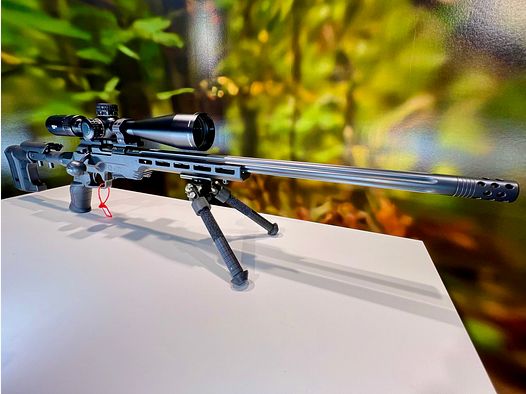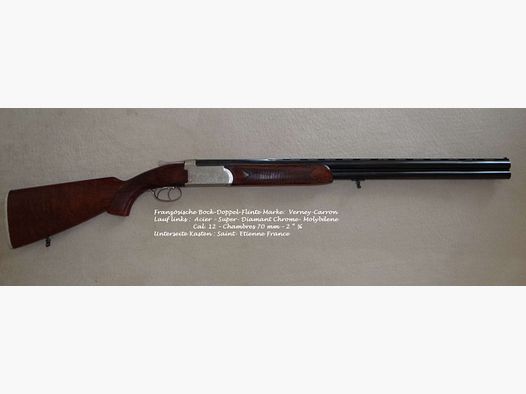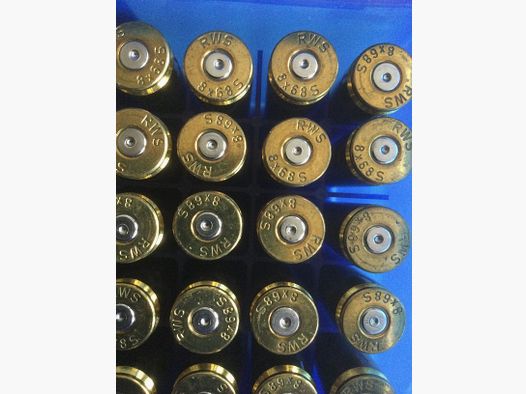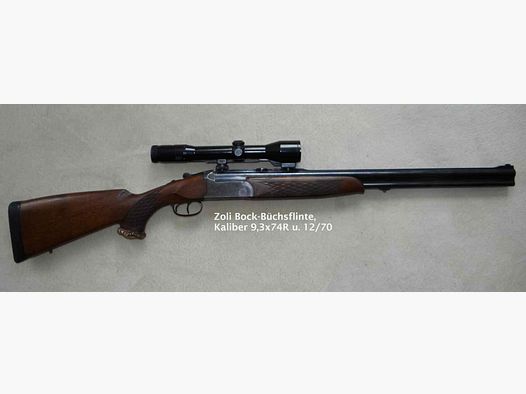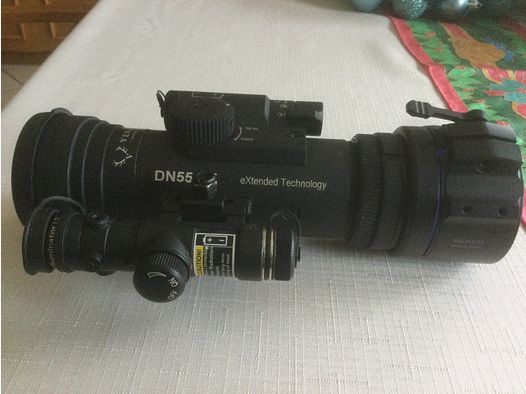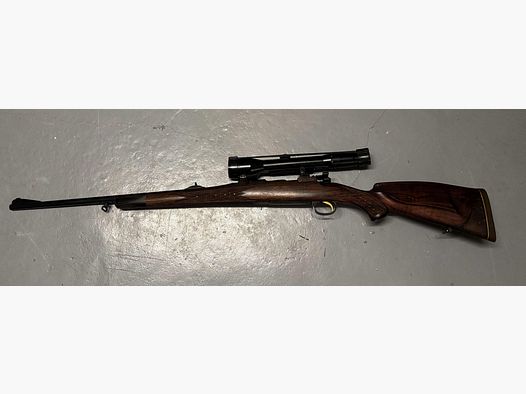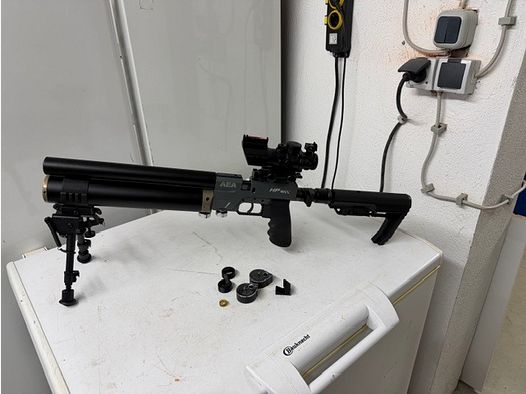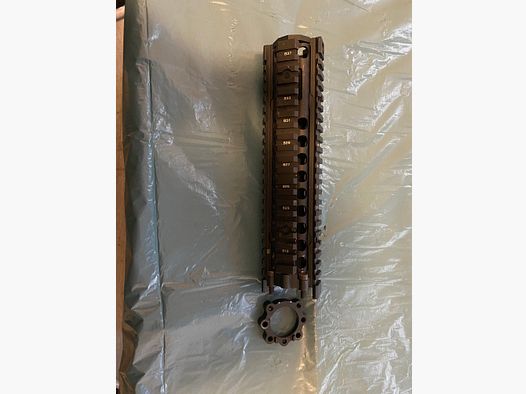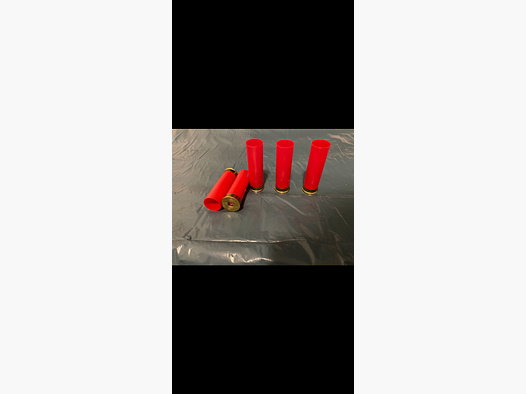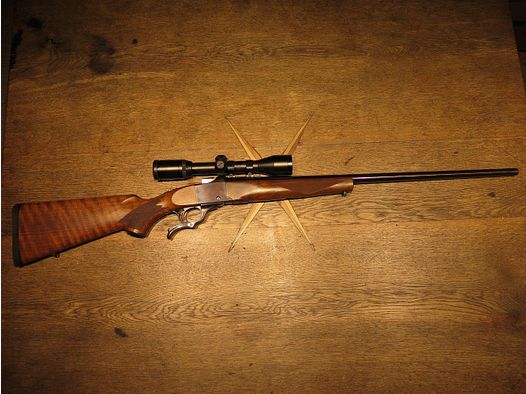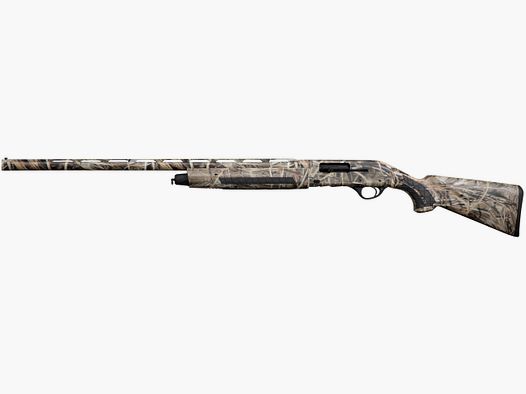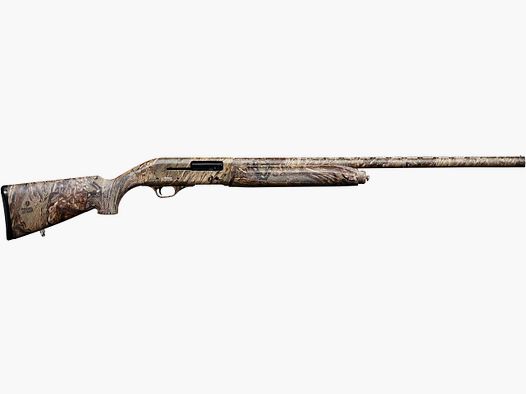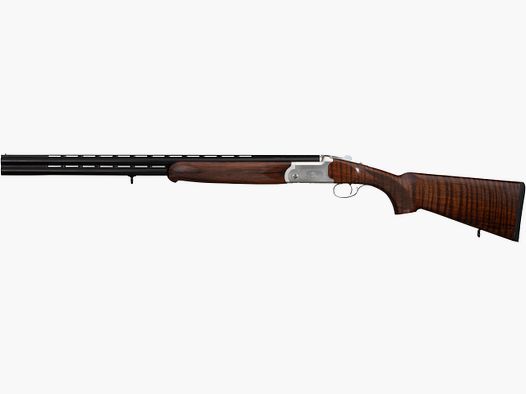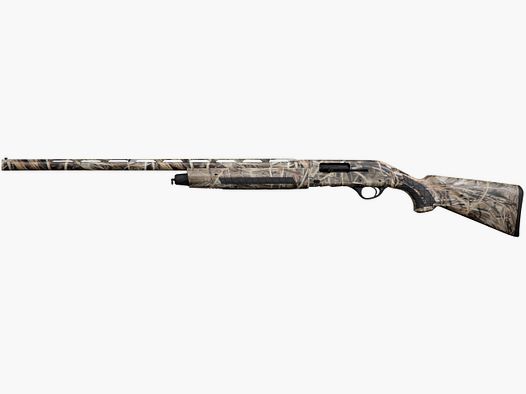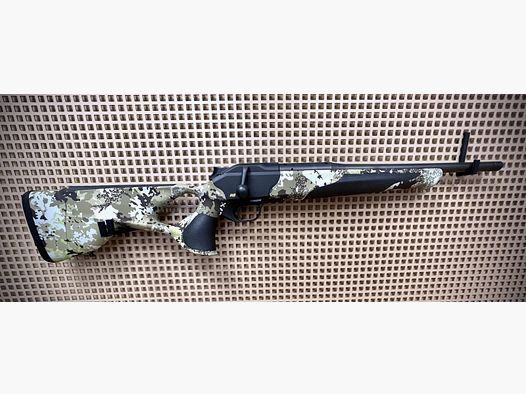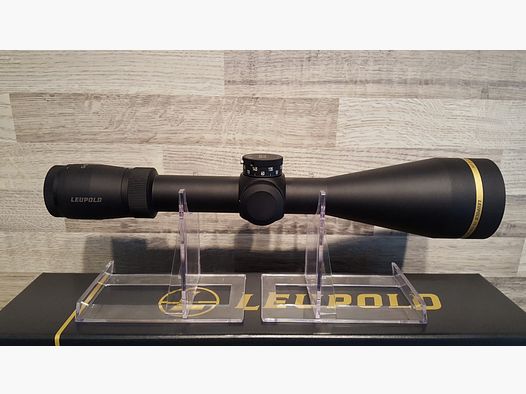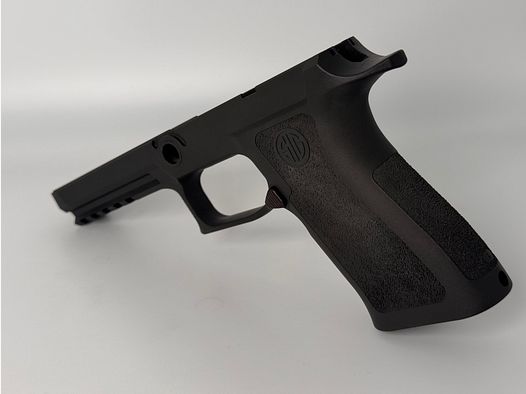Small caliber weapons are a popular choice for sports shooters, hunters, and recreational shooters around the world. They offer a variety of applications and have a long tradition in the shooting sports community. In this article, we want to give you a comprehensive insight into the world of small caliber and show you why these weapons are so versatile and fascinating.
What is Small Caliber?
Small caliber refers to cartridges that have a smaller diameter than standard ammunition. Typically, ammunition is referred to as small caliber when the bullet diameter is less than 6 mm. The most common calibers in the small caliber range are .22 Long Rifle (also known as .22 LR) and .17 HMR (Hornady Magnum Rimfire).
Versatility and Applications
One of the great strengths of small caliber weapons is their versatility. They are used in various areas, including sports shooting, hunting, recreational shooting, and competitions. Here are some of the most common applications of small caliber weapons:
Sports Shooting
Small caliber weapons are extremely popular in the sports world. They are used in various disciplines such as precision shooting at stationary targets (Bullseye), shooting at moving targets (Trap, Skeet), and dynamic shooting (IPSC). The low recoil and precise ammunition make small caliber an ideal choice for precision shooters.
Hunting
Although small caliber weapons have less energy compared to larger calibers, they are still used for hunting small game such as rodents, rabbits, and birds. The precise ammunition and low noise level make them a popular option for hunting in densely populated areas or near residential areas, where noise disturbance must be avoided.
Recreational Shooting
Many shooters simply enjoy shooting with small caliber weapons. The low cost of ammunition compared to larger calibers and the low recoil make shooting with small caliber weapons an affordable and enjoyable pastime.
Competitions
Small caliber shooting, often conducted with .22 l.r. (long rim) cartridges, is one of the most popular and technically demanding disciplines in shooting sports. Competitions in this area require the highest concentration, precision, and technical skill. This article provides an overview of the world of competitions in small caliber shooting.
Competition Disciplines
Small Caliber Prone Shooting: Here, the shooter lies on the ground and shoots at a target from a distance of 50 meters. The position requires stability and endurance, as the shooter remains in this position throughout the series.
Small Caliber Three-Position Match: In this discipline, the shooter shoots from three different positions: prone, kneeling, and standing. Each position presents its own challenges to the shooter.
Small Caliber Sport Pistol: In this discipline, the shooter uses a .22 l.r. pistol to shoot at a target from a distance of 25 meters in two different stances: precision and duel.
Small Caliber Standard Pistol: This is a timed series discipline where the shooter shoots at a target from 25 meters in several series.
Equipment
Weapon: There are special small caliber rifles and pistols that are optimized for competition purposes. These weapons often have precisely adjustable sights, special stocks, and finely adjustable triggers.
Ammunition: The quality of the ammunition can have a significant impact on precision. Competitive shooters often use special competition ammunition designed for maximum precision.
Additional Equipment: Depending on the discipline and regulations, shooters may also use special shooting clothing, shooting shoes, gloves, and other aids.
The Importance of Training and Technique
Small caliber shooting requires a combination of mental strength, technical skill, and physical control. Proper training is essential:
- Technique: The correct stance, proper breathing, and trigger control are crucial for precision.
- Mental Training: Shooting is not only a physical but also a mental challenge. Shooters must learn to focus, ignore distractions, and remain calm under pressure.
- Physical Fitness: Although shooting is often not considered a physically demanding sport, it still requires good overall fitness and specific muscle groups, especially in longer disciplines like the three-position match.
Advantages of Small Caliber Weapons
Of course, there are many other advantages that small caliber weapons bring. Here are some of the most important:
Low Recoil
Small caliber weapons have less recoil compared to larger calibers. This makes them particularly suitable for beginners and individuals with smaller body sizes or physical strength. The low recoil allows for better control over the weapon and faster target acquisition.
Cost-Effective Ammunition
Ammunition for small caliber weapons is generally cheaper than for larger calibers. This means you can spend more time at the shooting range without breaking the budget. This can be a significant advantage, especially during regular training.
Precision
Small caliber weapons are known for their high precision. The small size of the bullets allows manufacturers to produce very accurate and consistent ammunition. This makes small caliber weapons ideal for precision shooting and competitions where accuracy is crucial.
Diverse Selection of Weapons
There is a wide range of small caliber weapons available on the market, from pistols to revolvers to rifles. Every shooter can find a weapon that meets their individual needs and preferences. The wide variety of models and designs allows everyone to find the right small caliber weapon for their purpose.
Low Noise Level
In general, small caliber weapons produce less noise than larger calibers. This is beneficial for both the shooter and the surrounding environment. This can be of great importance, especially in hunting or shooting in residential areas where noise must be minimized.
Safety and Responsible Handling
When handling small caliber weapons, it is important to observe basic safety rules. This includes safely storing weapons and ammunition, correctly handling the weapons, wearing safety glasses and hearing protection, and adhering to applicable laws and regulations.
It is also advisable to undergo proper training and education before shooting to learn the correct shooting techniques and develop an understanding of how the weapons function. Responsible handling of small caliber weapons contributes to the safety of all and enables a positive shooting experience.
In Summary
Small caliber weapons are a fascinating and versatile choice for shooters and hunters. Their precision, low recoil, cost-effective ammunition, and wide selection of weapons make them an attractive option in various applications.
Until the middle of the last century, all cartridges with a bullet diameter of less than 7mm were referred to as small caliber. Today, this designation primarily serves for cartridges of the .22 caliber (5.6mm bullet diameter).
For an overview of common calibers
More Exciting Reports on the Topic of Caliber
Exciting, interesting, and informative reports on the topic can also be found with our premium partner, the hunting magazine Jagdzeit., for example, in the overview of all articles on the topic of caliber.



